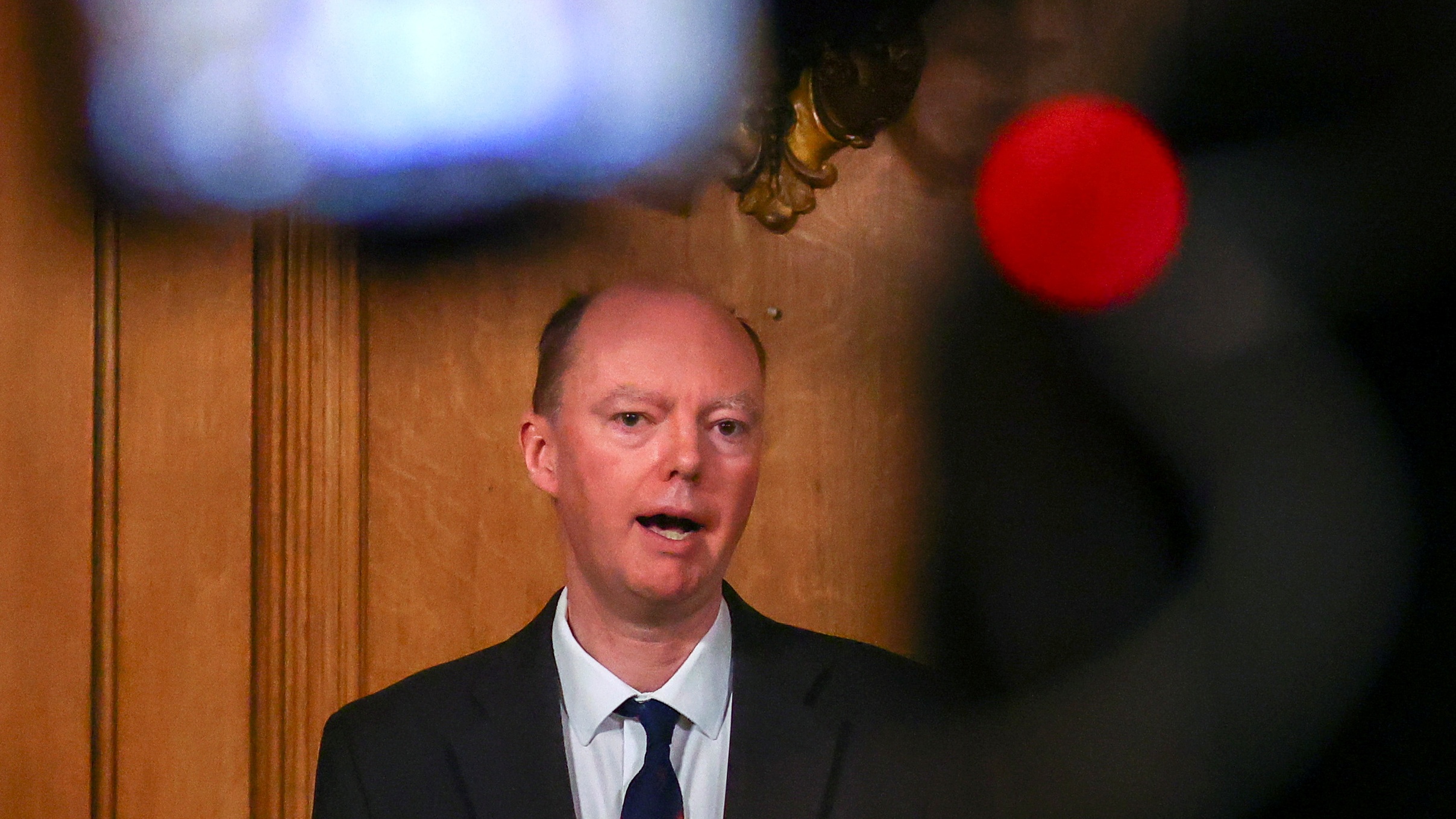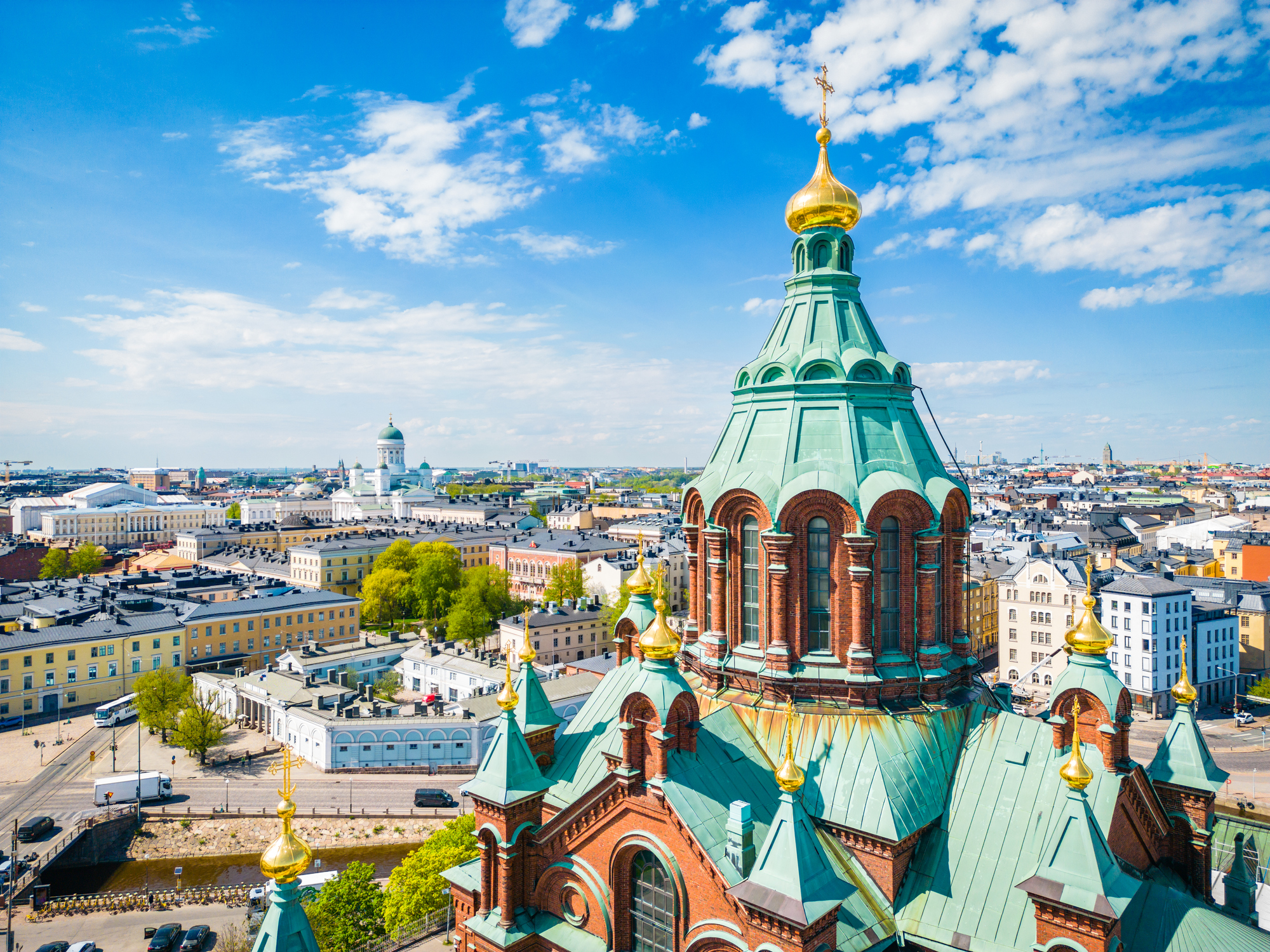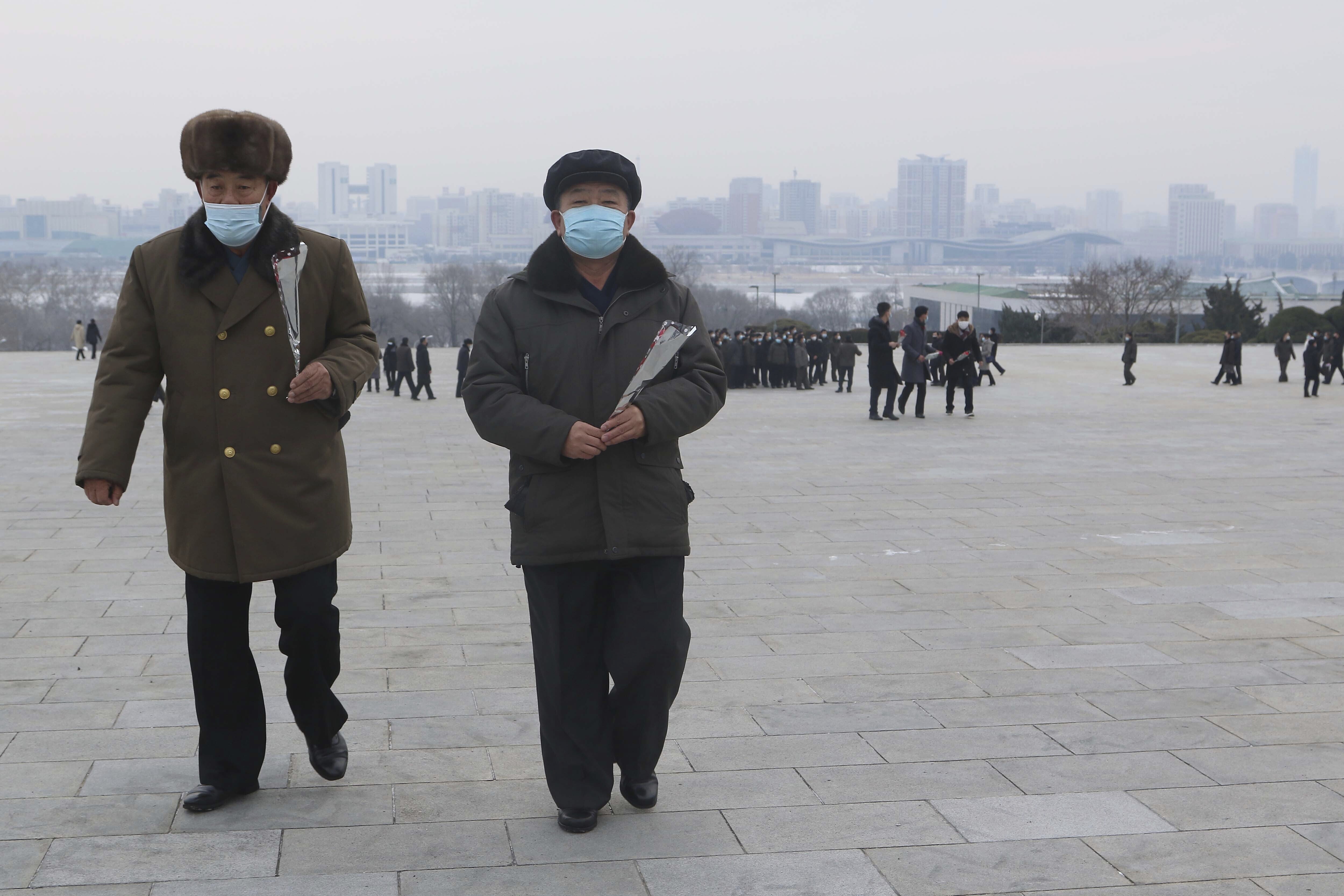‘Fixating on the R number isn’t real science’
Your digest of analysis and commentary from the British and international press

- 1. Fixating on the R number isn’t real science
- 2. I’m overflowing with pride over Kamala Harris – out with the strongman and in with strong women
- 3. The BBC needs to face up to the truth about the licence fee’s future
- 4. Our justice system is in crisis, so why not abolish jury trials?
- 5. I’m a victim of unjustified inner-city mask rage
A free daily email with the biggest news stories of the day – and the best features from TheWeek.com
You are now subscribed
Your newsletter sign-up was successful
1. Fixating on the R number isn’t real science
Ed Conway in The Times
on data drawbacks
“I’m not sure of the precise alchemical reaction that occurs when a set of conversations is converted into a data point, but what I do know is that they often calcify into something that brooks less dissent. The R number is a snapshot of a set of data-based judgment calls, no more, no less. But for a while it became the apex upon which jobs and lives hinged. Happily it seems the government has started to go cold on scientism. The decision about when to end lockdown will now be based on... well, No 10 hasn’t been entirely clear about that. This is frustrating but it is also a fairer reflection of the scientific reality, which remains far more clouded by doubt than a single data point can portray.”
The Week
Escape your echo chamber. Get the facts behind the news, plus analysis from multiple perspectives.

Sign up for The Week's Free Newsletters
From our morning news briefing to a weekly Good News Newsletter, get the best of The Week delivered directly to your inbox.
From our morning news briefing to a weekly Good News Newsletter, get the best of The Week delivered directly to your inbox.
2. I’m overflowing with pride over Kamala Harris – out with the strongman and in with strong women
Ayesha Hazarika in The i
on the first female VP
“Harris has undeniable star power, is a precious asset and may well become the first female president. But like Biden, she faces huge challenges. She will be the obvious target from a security point of view from far-right Trump supporters. She will be judged more harshly and torn down by Republicans and conservative forces. And she will be attacked by the left for failing to be radical enough. She will have to forge a unique path and as any underrepresented person who has been ‘lucky enough’ to become a leader knows, she will have to be twice as good as any vice president who went before her, including her new boss. But if she has had the gumption to get this far, I have confidence in her and all other great women that Biden has promoted.”
A free daily email with the biggest news stories of the day – and the best features from TheWeek.com
3. The BBC needs to face up to the truth about the licence fee’s future
Annabel Denham in The Spectator
on funding the Beeb
“There are those for whom the BBC’s shortcomings, its anachronistic funding model, its arguable distortion of competition (other media outlets don’t have a guaranteed source of income, after all), its market share, and concerns over impartiality override any real interest in its survival. And the broadcaster is certainly capable of scoring an own goal: just look at the row over the Last Night of the Proms or its coverage of Brexit. But despite this, there is still an important role for the BBC to play in modern Britain – just not one funded by licence fee payers. In response to the NAO, the BBC said that ‘the report stresses the importance of stable funding for the future, which we welcome as we begin negotiations with government over the licence fee.’ Yet this shows the BBC is looking through the wrong end of the telescope: there is a compelling case that it would do far better without the levy.”
4. Our justice system is in crisis, so why not abolish jury trials?
Simon Jenkins in The Guardian
on addiction to imprisonment
“The crime and incarceration rates in England and Wales are notoriously among the worst in western Europe. I am convinced that a significant reason is that the jury system presents each case as a staged drama enveloped in publicity, an echo of a public hanging. Jurors naturally associate guilt with imprisonment, and judges tend to do likewise. Either way, our system is obsessed with imprisonment above all other forms of punishment. In Scandinavia and Germany, prison is strictly a last resort. A former Tory home secretary, Kenneth Baker, was once so fed up with overcrowded jails that he thought of rationing each judge to a fixed number of cells a month.”
5. I’m a victim of unjustified inner-city mask rage
Judith Woods in The Daily Telegraph
on middle-class anguish
“Maybe Angry Mask Woman was grieving, worried about a family member in hospital. Or maybe she was just furious at the world. I get that, but lashing out, scolding, reproaching has the opposite effect to the one intended. I get the creeping feeling that these days doing enough isn’t deemed nearly enough, which is quite the trigger for middle class anguish; being stuck in the middle we are terminally anxious not just about doing the right thing but being seen to be doing the right thing.”
-
 One great cookbook: Joshua McFadden’s ‘Six Seasons of Pasta’
One great cookbook: Joshua McFadden’s ‘Six Seasons of Pasta’the week recommends The pasta you know and love. But ever so much better.
-
 Scientists are worried about amoebas
Scientists are worried about amoebasUnder the radar Small and very mighty
-
 Buddhist monks’ US walk for peace
Buddhist monks’ US walk for peaceUnder the Radar Crowds have turned out on the roads from California to Washington and ‘millions are finding hope in their journey’
-
 ‘Irony’ as Zoom calls staff back to office
‘Irony’ as Zoom calls staff back to officefeature And other stories from the stranger side of life
-
 The U.S. veterinarian shortage crisis
The U.S. veterinarian shortage crisisSpeed Read With an anticipated shortage of 15,000 vets by 2030, it will be harder to get care for pets
-
 Company teaches mask-wearers to smile again
Company teaches mask-wearers to smile againfeature And other stories from the stranger side of life
-
 Global happiness has been 'remarkably resilient' over the past three years
Global happiness has been 'remarkably resilient' over the past three yearsfeature
-
 Ministers considered killing all cats during pandemic
Ministers considered killing all cats during pandemicfeature And other stories from the stranger side of life
-
 North Korea imposes 5-day lockdown on capital to fight 'respiratory illness'
North Korea imposes 5-day lockdown on capital to fight 'respiratory illness'Speed Read
-
 China to begin re-issuing passports in another reversal of COVID lockdowns
China to begin re-issuing passports in another reversal of COVID lockdownsSpeed Read
-
 The Week Unwrapped: Tracking apps, BTS and stay-at-home girlfriends
The Week Unwrapped: Tracking apps, BTS and stay-at-home girlfriendspodcast Does China’s U-turn mark the end of Covid-tracking apps? Has South Korean pop passed its peak? And are we really seeing the rise of the stay-at-home girlfriend?